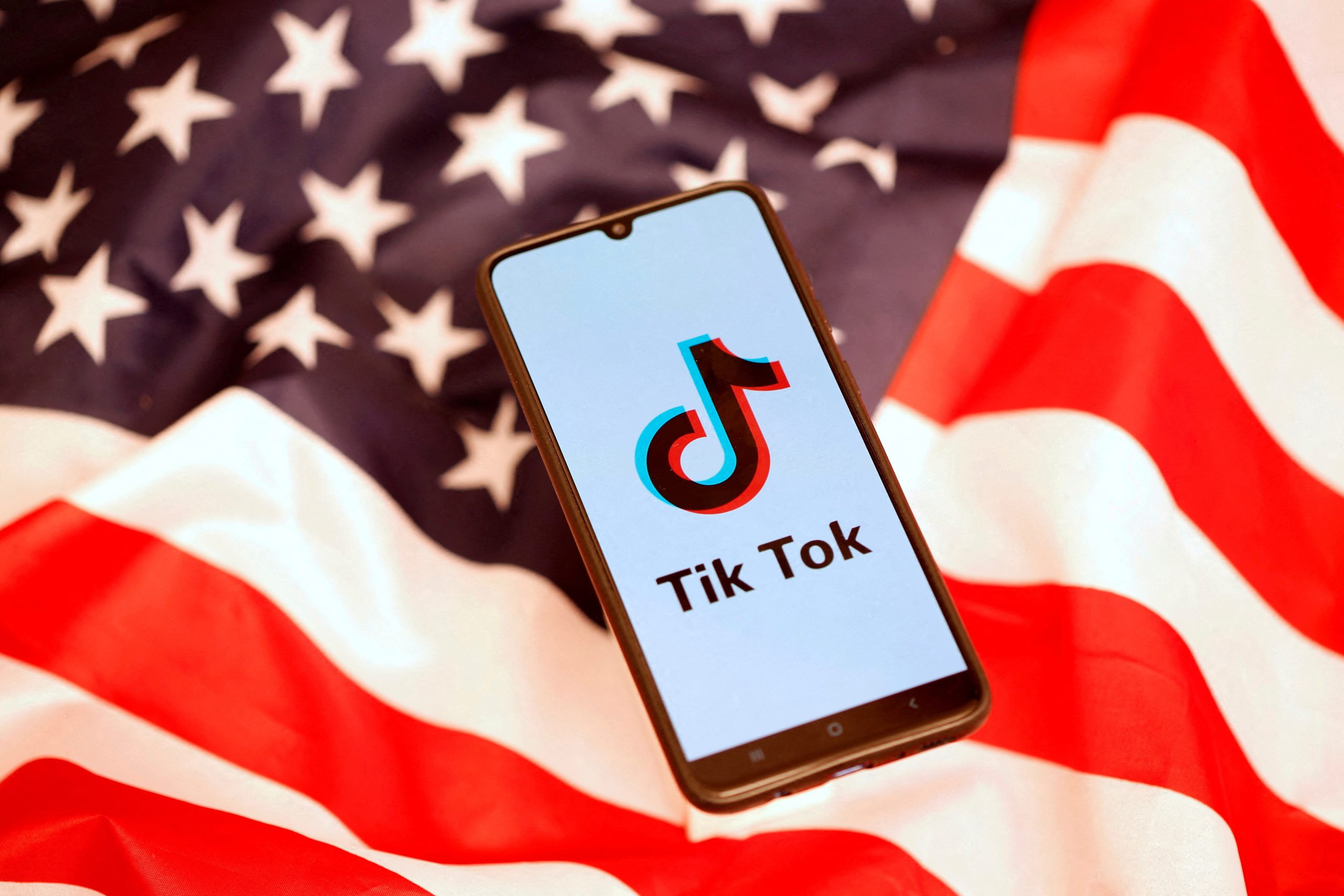General Austin Knudsen has emerged as a staunch defender of Donald Trump, aligning himself with the former president’s positions and initiatives.
Despite his support for Trump, Knudsen has taken a firm stance against the social media platform TikTok, spearheading efforts in Montana to ban the app due to concerns over national security.
In an interview, Knudsen expressed his deep apprehension towards TikTok, describing it as a “spying tool” and indicating his readiness to see it eliminated. His position reflects broader bipartisan concerns regarding the app’s ties to China and its potential for data privacy breaches.

TikTok Ban Bill (Credits: MSN)
Knudsen’s efforts to ban TikTok in Montana have faced legal challenges, with a judge blocking legislation that would have prohibited the app unless sold to a non-foreign adversary-owned company. Despite setbacks, Knudsen remains resolute in his pursuit, underscoring the gravity of his concerns regarding TikTok’s operations.
The broader political landscape surrounding TikTok remains contentious, with divisions apparent even within the Republican Party. While Trump initially threatened to ban TikTok, he has shifted his stance, viewing it as a necessary counterbalance to American-owned social platforms.
This shift has prompted criticism from some quarters, including former Trump administration members who accuse him of ulterior motives.
However, Knudsen’s concerns regarding TikTok’s potential national security risks are echoed by others, including Michelle Giuda, a former undersecretary of state for public diplomacy and public affairs under Trump. Giuda characterizes TikTok as a “spy balloon in our pockets,” underscoring the seriousness of the issue.

TikTok Ban (Credits: Vox)
Despite these concerns, TikTok maintains its innocence, emphasizing its adherence to data privacy standards and its commitment to storing U.S. user data within the country.
The company asserts that no evidence of data sharing with China has emerged and highlights efforts to ensure compliance with regulatory requirements.
In Montana, the debate over TikTok reflects broader societal fissures, with individuals like Heather DiRocco, a former U.S. Marine, voicing skepticism about the push to ban the app.
DiRocco questions the motives behind the ban, suggesting possible ulterior motives such as protecting domestic companies or succumbing to anti-Chinese sentiment.
The debate surrounding TikTok underscores the complexities of navigating national security concerns in an increasingly interconnected digital landscape.
As Knudsen and others continue to push for action against TikTok, the outcome remains uncertain, highlighting the ongoing tension between security imperatives and economic considerations in the digital age.























